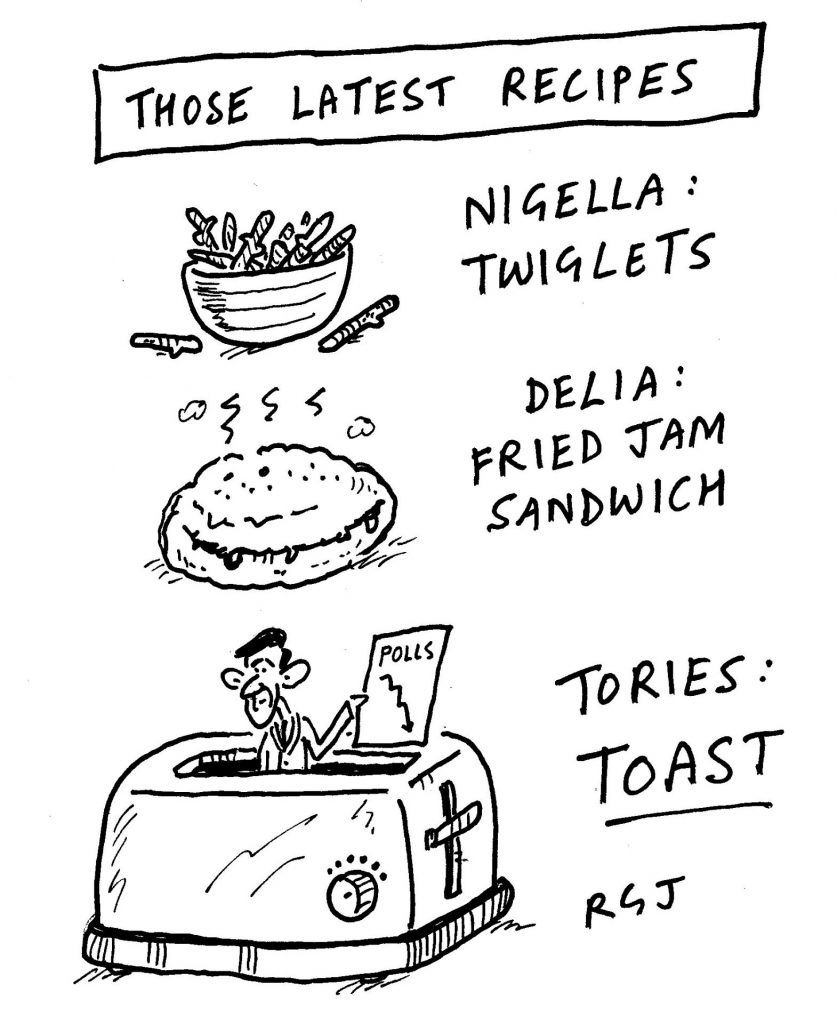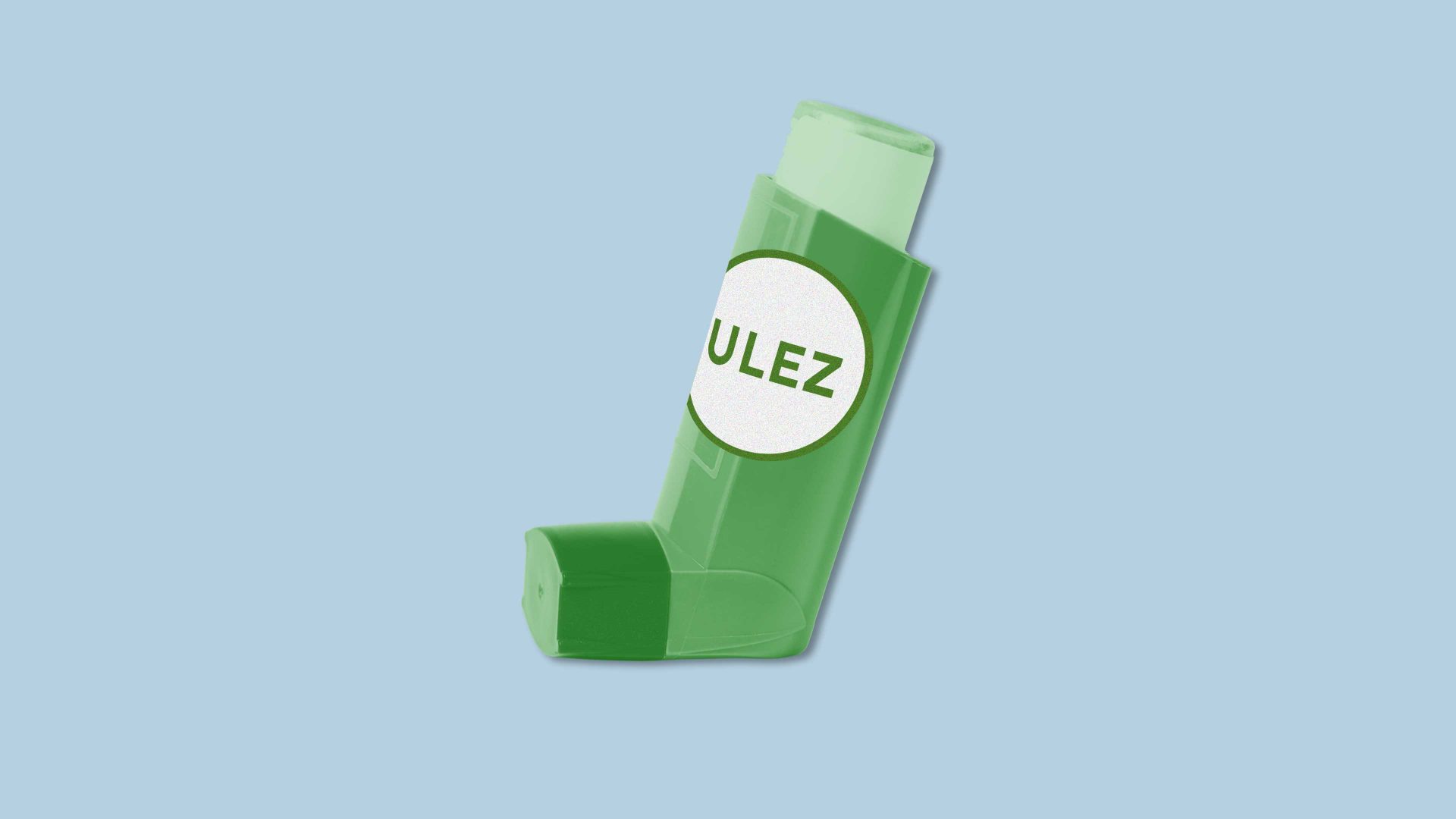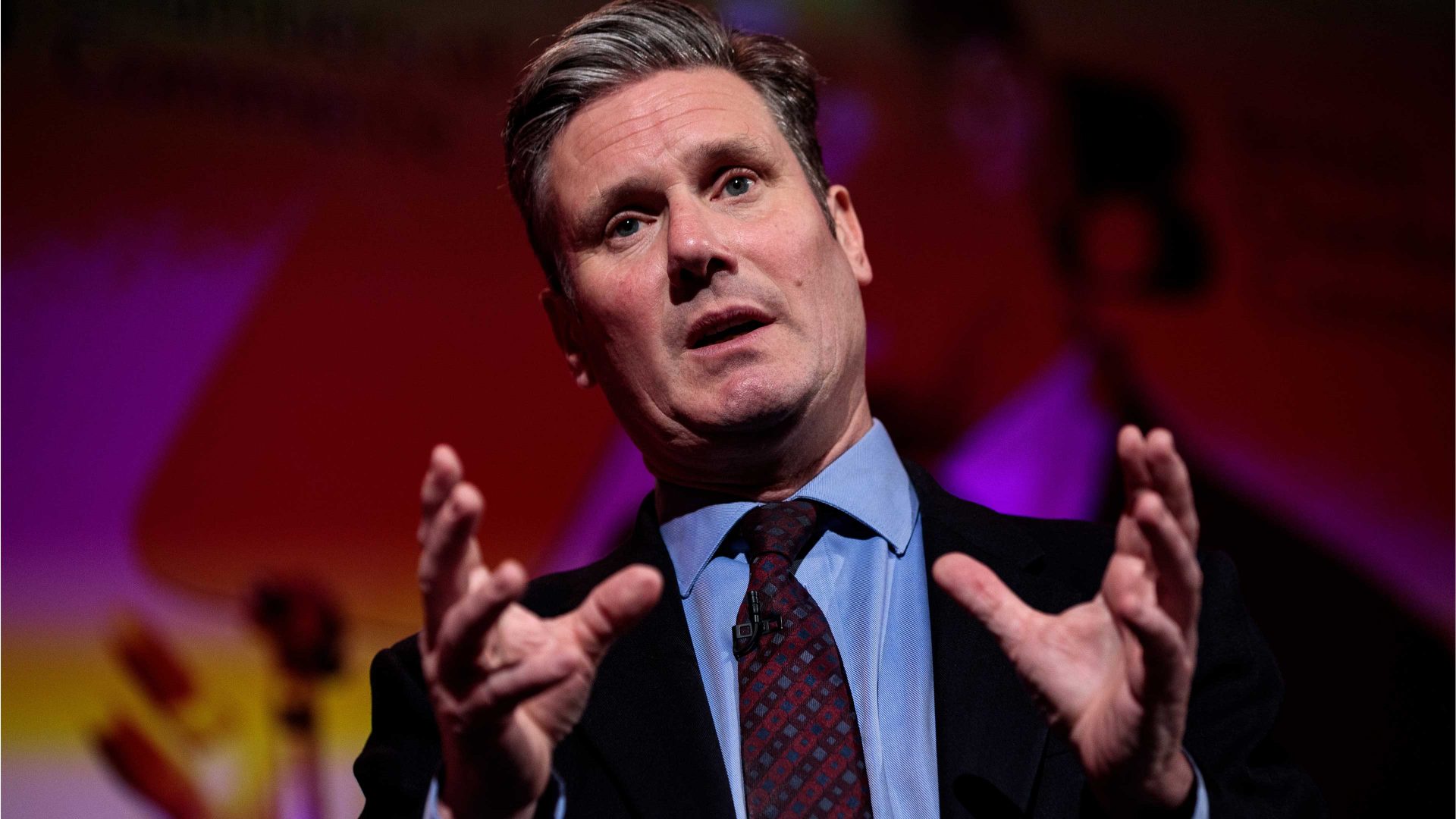I have had to see my GP more often than I would like in recent weeks, a far from unusual occurrence at this time of year. Mild asthma has been something of a lifelong, and not terribly welcome, companion, far from ideal when public speaking is a big part of what you do, and playing the bagpipes one of your passions. We all need good lungs, but some of us need them more than others.
Hay fever season is always particularly tricky, and it is not just the annoyance of sneezing and runny eyes that makes it all so miserable; it’s that it seems to exacerbate the asthma, bringing on excessive coughing, occasional sudden breathlessness and over-use of my inhaler. Hence the visits to the GP.
Given how much flak the NHS faces right now, not least from a government that seems to have long forgotten those Covid Thursday evenings when ministers clapped so enthusiastically for the benefit of the cameras and their social media feeds, I would like loudly and unequivocally to sing the praises of Park End surgery, London NW3. Their booking system is efficient. The reception staff are welcoming and friendly. The doctors are thorough and empathetic.
On my second visit, after a first round of medication worked only for the time I was taking it and the problems recurring once the course was ended, they recommended a chest X-ray, which was done quickly and efficiently as part of the walk-in service at the Royal Free, a hospital I know well, having been there a few times as a patient, and as witness to the birth of our three children.
OK, paean of praise to the NHS over; now to the main point. I mentioned in last week’s column that Fiona and I had been to Osea Island in Essex. It was only the morning after we got back, as my coughing fits returned and Fiona pointed out how much better I had been in the fresh sea air, that it dawned on me the extent to which big city pollution might be the issue.
Sadiq Khan has made cleaner air one of his priorities as London mayor, in part since being diagnosed with adult-onset asthma. His expansion of the ULEZ (Ultra Low Emission Zone) scheme, which makes it more expensive to drive environmentally unfriendly cars in London, has been a big focus of debate in the Uxbridge byelection, where the Tories have been desperate to get the focus on anything but the economy or the state of public services.
Seeing the outgoing MP Boris Johnson condemn the scheme, despite him having brought it in as Khan’s predecessor as mayor, should surprise nobody, given the depths of dishonesty and opportunism to which we know he can sink. What we have seen in Uxbridge is a classic case of what is right for the long term coming up against the pressures of what may be politically easier in the short term. Expect plenty more of the same in a general election.
I’ve noticed that Johnson’s successor in No 10, Rishi Sunak, barely mentions the environment as he goes around the place trying to persuade us he is the right man to extend the Tories’ period in office from 13 years to 18. His near-total silence on the climate crisis suggests otherwise.
Here is a little factoid I picked up when leafing through some asthma literature. Across Europe, only Turkey has a higher respiratory death rate than the UK. World-beaters at last.

The rain didn’t deter a couple of thousand people from accepting the invitation to celebrate Bastille Day beneath a huge canopy in the garden of the French ambassador’s official residence. Inevitably, these events tend to involve a succession of small-talk exchanges, most of them instantly forgotten. But two conversations with two very different women have stuck with me.
The first was with a UK-based doctor from New Zealand who was seated with her bandaged foot up on a chair, a pair of crutches beside her. She had volunteered to work as a doctor in Ukraine, where she had stepped on a landmine. Part of the bottom of her right foot was gone. A huge scar ran up her calf, while her “good leg”, as she called it, was pockmarked with the remnants of shrapnel damage.
What was remarkable, however, was that she was impatient to get back to Ukraine as soon as she could, and it was very moving to be witness to her meeting Ukraine’s ambassador to London, Vadym Prystaiko, as he thanked her for what she had done, and intended to do again in the future.
The second woman who made a strong impression was Simona Leskovar, Slovenian ambassador to the UK. “Slovenia,” she said by way of introduction “is the only country in the world with the word ‘love’ in it.”
“How many times have you said that in your career?” I asked.
“Many, many, many times. Too many to count,” she laughed. I admire people who never tire of using a good message.
More seriously, however, she made the point that, at a time when the politics in many EU countries is moving rightwards, if Keir Starmer becomes prime minister, he will be joining Slovenia in bucking that trend. Slovenia’s government is made up of a coalition of the Freedom Movement, (which emerged from the Green Actions Party), the Social Democrats, and The Left party.
With a population of just over two million, Slovenia is one of the smallest EU countries. Her point is, however, that if Labour win power, it won’t just be the big countries that call the shots on whatever new relationship with the EU is formed. And when it comes to alliances, though size matters, so does the like-mindedness of the ally.
What’s not to love?
Well done to the student organisers of BoundlessMUN, a Model United Nations conference run online from Glasgow University, and thank you for asking me to speak as part of the opening ceremony. What I particularly liked was the focus on refugees and “the need for aid and positive action to be directed towards refugees in this country”.
It really is a sign of the moral decline of our country that the focus of an international event on the issue of refugees should be what I called “the performative cruelty” of the British government. Doubtless Suella Braverman will be thrilled that her hostile environment message is so well known and well understood, and hated by those on the far side of her polarising wedge. Doubtless her deputy, Robert Jenrick, got a pat on the back for his performatively cruel order to paint over pictures of Mickey Mouse murals in asylum reception centres, lest any child get the wrong message that this is a mature, welcoming and civilised country.
But I really would love to know what Jenrick’s wife and children think; Mrs Jenrick being the daughter of two Holocaust survivors.
My mental health heroes of the month: Dele Alli and Gary Neville, who both came out so well from their interview about the footballer’s psychological struggles; and Vicky Flind, whose statement did so much to puncture the ludicrously large balloon that had been blown up around the Sun’s pursuit of her husband, BBC newsreader Huw Edwards.
The Sun is entitled to pursue an anti-BBC agenda and, in these days of declining sales, to seek to market itself by being noticed across the whole of the media landscape. What I find weird is the way the rest of the media, the BBC included, are so willing to help them.




